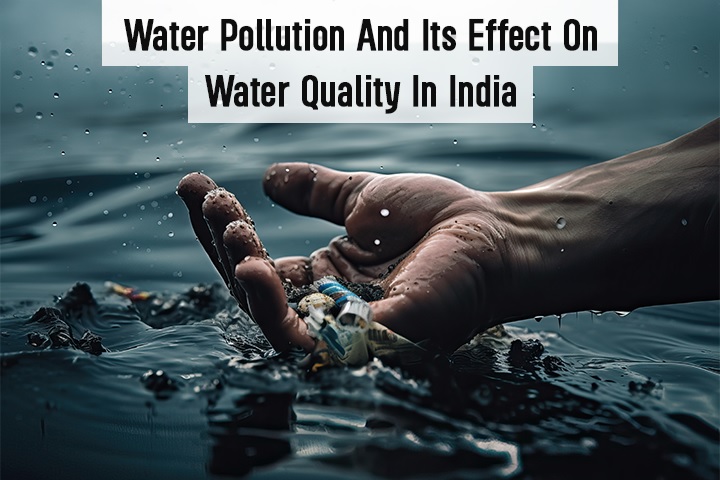
Water quality is a critical concern globally, affecting human health, ecosystems, and economic development. Despite advancements in technology and governance, challenges persist due to pollution, climate change, and unsustainable practices.
Water Quality Issues in India
India faces severe water quality challenges, with over 70% of its surface water resources contaminated. Rapid industrialization, urbanization, and agricultural runoff contribute to this crisis. Key issues include:
Groundwater Contamination: India is the largest consumer of groundwater globally, but nearly 70% of it is polluted. Excessive use of fertilizers and pesticides in agriculture leads to chemical runoff, contaminating water sources.
Surface Water Pollution: Rivers like the Ganges and Yamuna suffer from high levels of pollution due to untreated sewage, industrial waste, and religious practices.
Health Impacts: Waterborne diseases claim thousands of lives annually, with poor water quality being a significant contributor.
Economic Consequences: Poor water quality costs India approximately 6% of its GDP annually due to reduced agricultural productivity, public health expenses, and industrial water treatment.
Government initiatives such as the Namami Gange program and Jal Jeevan Mission aim to address these issues, but challenges remain in implementation and enforcement.
Global Water Quality Issues
Globally, water quality degradation is a pressing concern. According to the UN, 2 billion people lack access to safe drinking water, and 3.6 billion lack safely managed sanitation. Major issues include:
Pollution: Industrial waste, agricultural runoff, and urbanization lead to contamination of water bodies worldwide.
Climate Change: Rising temperatures and unpredictable weather patterns exacerbate water quality issues, causing droughts and floods.
Access Inequality: Vulnerable populations, including women and children, are disproportionately affected by poor water quality.
Transboundary Water Management: Shared water resources like rivers and aquifers often lead to conflicts between nations, complicating efforts to improve water quality.
Solutions and Way Forward
Strengthening Regulations: Enforcing stricter pollution control measures and sustainable practices.
Innovative Technologies: Investing in advanced water treatment and monitoring systems.
Community Participation: Educating and involving local communities in water conservation efforts.
International Cooperation: Collaborating across borders to manage shared water resources effectively.
Water quality is a shared responsibility that demands urgent action. By prioritizing sustainable practices and fostering global cooperation, we can ensure clean water for future generations.


